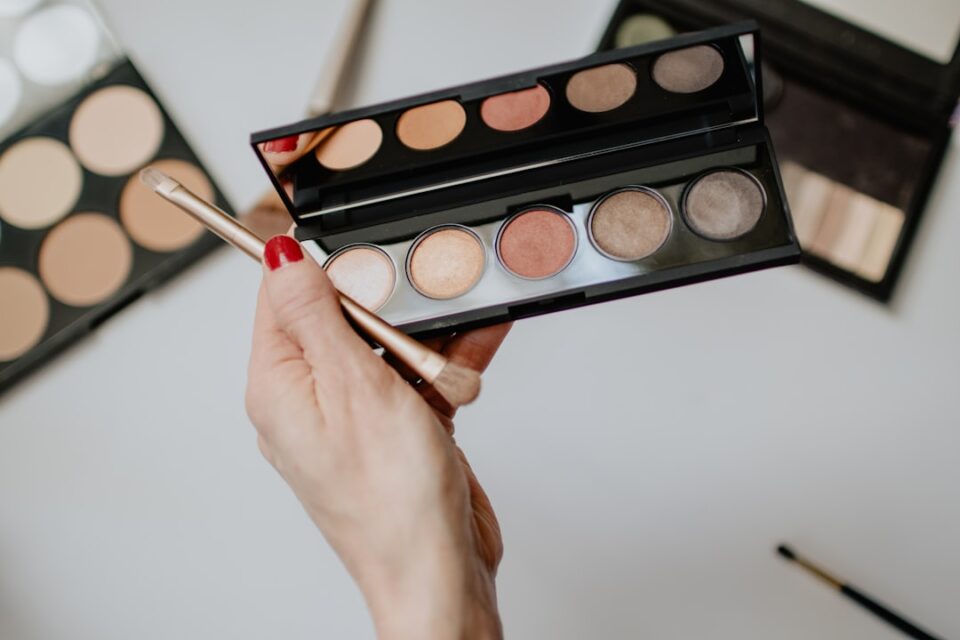The Science of Aging: Ingredients to Look for in Anti-Aging Products
As we age, our skin undergoes numerous changes. Wrinkles start to appear, the skin loses its firmness, and age spots become more prominent. While it is impossible to completely stop the aging process, there are anti-aging products that can help slow down these visible signs of aging. However, not all anti-aging products are created equal. To truly maximize the benefits, it is important to understand the science behind aging and the key ingredients to look for in anti-aging products.
1. Retinol: The Powerhouse Ingredient
Retinol is one of the most effective and scientifically proven ingredients when it comes to anti-aging skincare. A derivative of vitamin A, retinol works by increasing the production of collagen, reducing the appearance of fine lines and wrinkles, and improving skin elasticity. It also stimulates cell turnover, helping to reveal smoother, more youthful-looking skin. Look for a concentration of 0.3% to 0.5% in your anti-aging products for optimal results.
2. Peptides: Building Blocks for Skin
Peptides are short chains of amino acids that play a crucial role in maintaining the health and structure of the skin. They work by stimulating collagen synthesis, which in turn, helps to improve skin firmness and elasticity. Peptides can also have a significant impact on reducing the appearance of wrinkles and fine lines. Specifically, look for peptide combinations like Matrixyl 3000 or Argireline in your anti-aging products to maximize their benefits.
3. Hyaluronic Acid: The Ultimate Moisture Magnet
Hyaluronic acid is a naturally occurring substance in our body that attracts and retains moisture. It is an essential ingredient in anti-aging products as it can replenish the moisture levels in the skin, making it plumper and more hydrated. This increased hydration can visibly reduce the appearance of fine lines and wrinkles, giving the skin a more youthful appearance. Look for products with a high concentration of hyaluronic acid to truly benefit from its moisturizing properties.
4. Vitamin C: A Powerful Antioxidant
Vitamin C is not only essential for our overall health, but it also plays a vital role in our skincare regimen. It is a potent antioxidant that helps neutralize free radicals, which are a major cause of aging. By protecting the skin from environmental damage, vitamin C can help reduce the appearance of fine lines, wrinkles, and age spots. It also promotes collagen synthesis, enhancing the skin’s texture and radiance. Look for stable forms of vitamin C, such as L-ascorbic acid or ascorbyl palmitate, in your anti-aging products.
5. Niacinamide: The Versatile Ingredient
Niacinamide, also known as vitamin B3, is a versatile ingredient that offers numerous benefits for aging skin. It helps improve skin tone and texture, reduce the appearance of hyperpigmentation and age spots, and minimize pore size. Niacinamide also strengthens the skin’s natural barrier, helping it retain moisture and protect against external aggressors. Look for products with a concentration of 5% to 10% niacinamide to harness its potential.
In conclusion, the science of aging has given us a clearer understanding of the key ingredients to look for in anti-aging products. Retinol, peptides, hyaluronic acid, vitamin C, and niacinamide are among the most effective ingredients that can help slow down the visible signs of aging. By incorporating these scientifically proven ingredients into your skincare routine, you can enhance the health and appearance of your skin, and age more gracefully. Remember, consistency and patience are key when it comes to anti-aging skincare, so give these ingredients time to work their magic and enjoy the benefits of a more youthful complexion.

